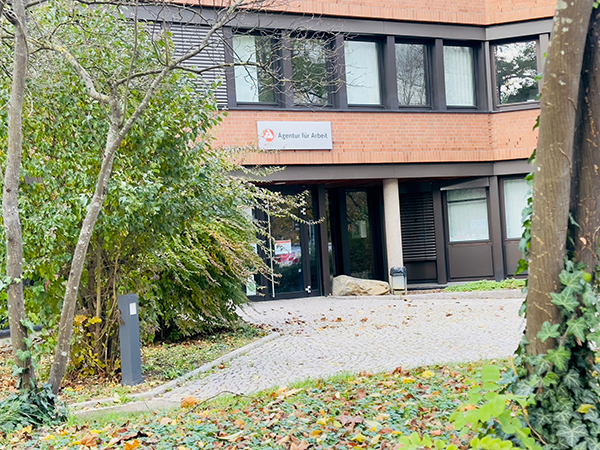It is repeatedly claimed that too few refugees have jobs. This is not true, as a study by the Nuremberg Institute for Employment Research (IAB) shows. All figures relate to the year 2022. One result: the longer people seeking protection were in Germany, the more were employed. After seven years, 64 percent (almost two thirds) of those who fled to Germany in 2015 were working. Nine out of ten of these employees were subject to social security contributions. Those who were in full-time employment in 2022 earned an average of 2,570 euros per month. In relation to all employed refugees, this was 2,250 euros gross per month.
Women refugees fared worse in terms of employment. After seven years, their employment rate was 33 percent compared to 72 percent of the non-refugee female population. Some of the reasons: Refugee women took more care of the household and children than men. They attended fewer language courses or educational opportunities and made less use of counseling services. They were less likely to be employed in their countries of origin—and when they were, they tended to work in professions that are highly regulated in Germany, such as the education sector. This means that it was more difficult for them to utilize their skills and qualifications on the German labour market.
According to the study, completed language courses and career guidance at the job center or employment agency had a positive effect on employment in general. “Starting these measures earlier could accelerate the labor market integration of refugees,” the authors of the study say.
The feeling of being accepted by society also played a key role. Those who felt welcome were more likely to be employed. Residency requirements, on the other hand, hindered entry into the world of work.
Overall, the IAB researchers came to the conclusion that institutional and political framework conditions are decisive for integration into the labor market. “The acceleration of asylum procedures and gradual reduction in the time limits for employment bans is accompanied by an increase in the employment rates of refugees,” the researchers say.
A press release and a summary of the study can be found at
https://iab.de/arbeitsmarktintegration-von-gefluechteten/
tun24042203
Die Agenur für Arbeit in Tübingen. Foto: tünews INTERNATIONAL / Mostafa Elyasian
002225




